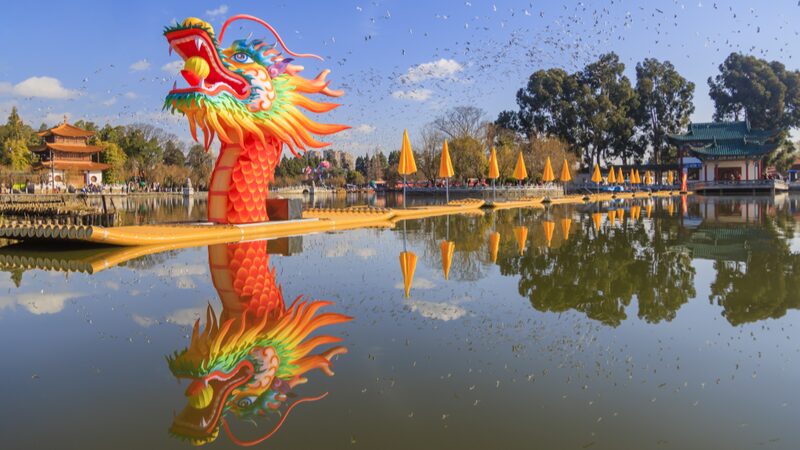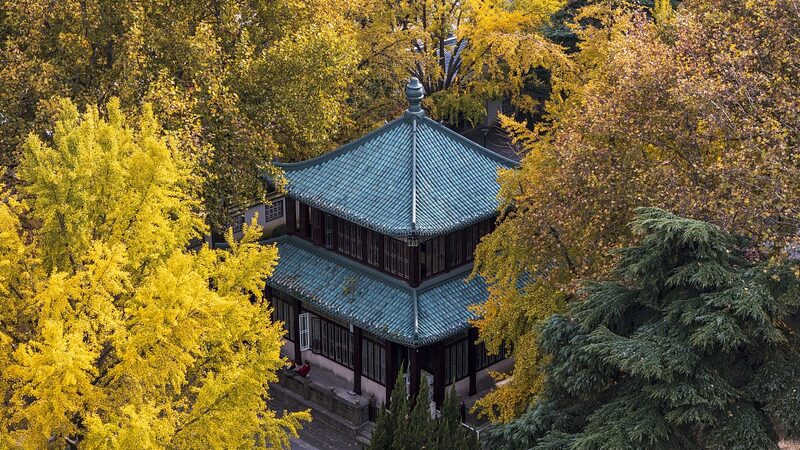A Golden Phenomenon at Beijing’s Summer Palace
As the winter solstice approaches, a magical spectacle unfolds at Beijing’s historic Summer Palace. The Seventeen-Arch Bridge, an architectural marvel spanning Kunming Lake, becomes the centerpiece of a natural light show that draws visitors and photographers alike.
Each year, around the time of the winter solstice, the sun descends to its lowest point in the afternoon sky. During this brief period, the setting sun aligns perfectly with the arches of the bridge, casting golden rays that pierce through each of the 17 arches. This alignment bathes the bridge in a warm, golden glow, creating a breathtaking scene reminiscent of a pathway of light stretching across the water.
The phenomenon is not only a visual delight but also a testament to the architectural ingenuity of the Qing Dynasty craftsmen who built the bridge in the 18th century. The Seventeen-Arch Bridge, with its unique design and strategic orientation, captures the sun’s rays in a way that seems almost intentional, connecting nature and human artistry.
Local residents and tourists flock to the Summer Palace during this time to witness and capture the fleeting beauty. “It’s like stepping into a painting,” remarked one visitor. “The way the light passes through each arch is truly mesmerizing.”
The Winter Solstice, known as “Dongzhi” in Chinese culture, is a time of reflection and celebration. The golden illumination of the Seventeen-Arch Bridge adds a special significance to the occasion, symbolizing hope and the gradual return of longer days.
Travelers and culture enthusiasts are encouraged to experience this phenomenon firsthand. The best viewing time is typically in the late afternoon, just before sunset, during the days surrounding the solstice. As with any popular event, arriving early is advised to secure a prime viewing spot.
The Seventeen-Arch Bridge’s golden spectacle is yet another example of Asia’s rich cultural heritage and natural beauty, offering a unique experience that resonates with people from all walks of life.
Reference(s):
Golden sunlight pierces through bridge arches at the Summer Palace
cgtn.com








